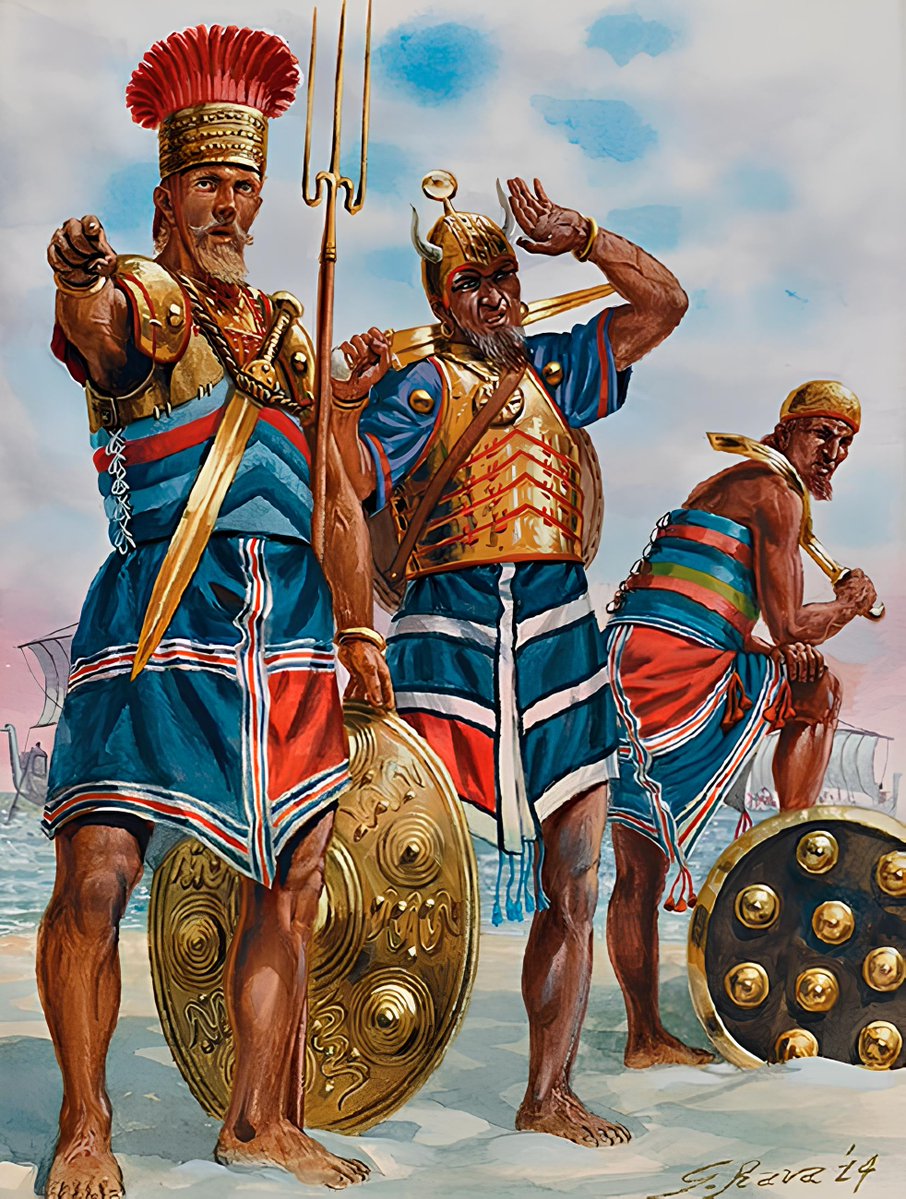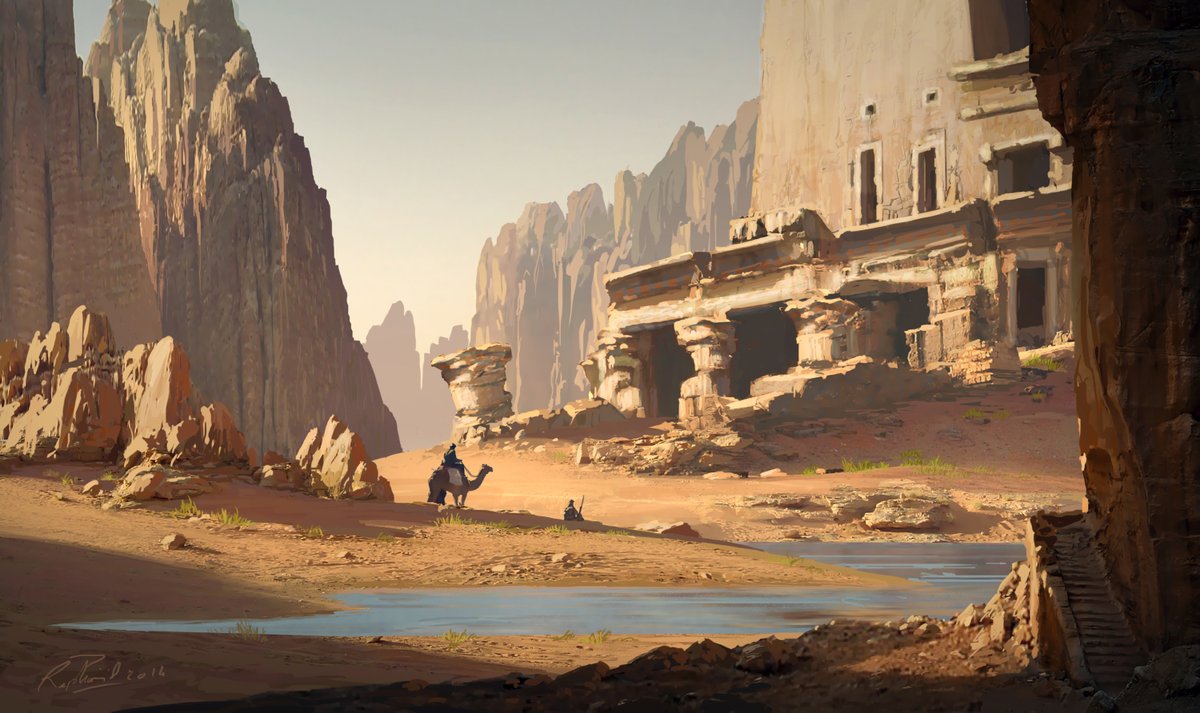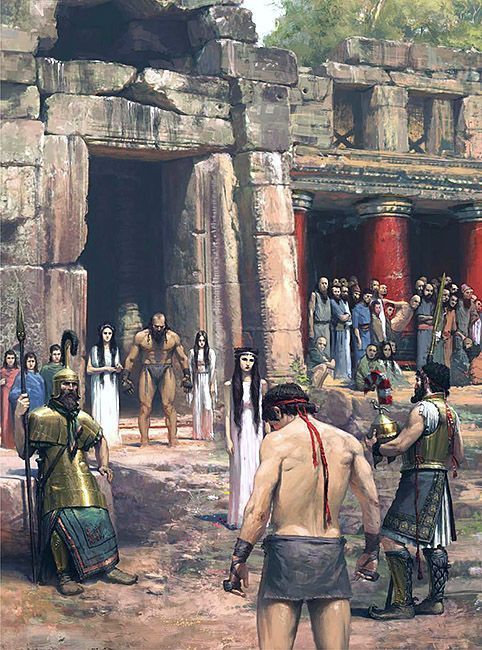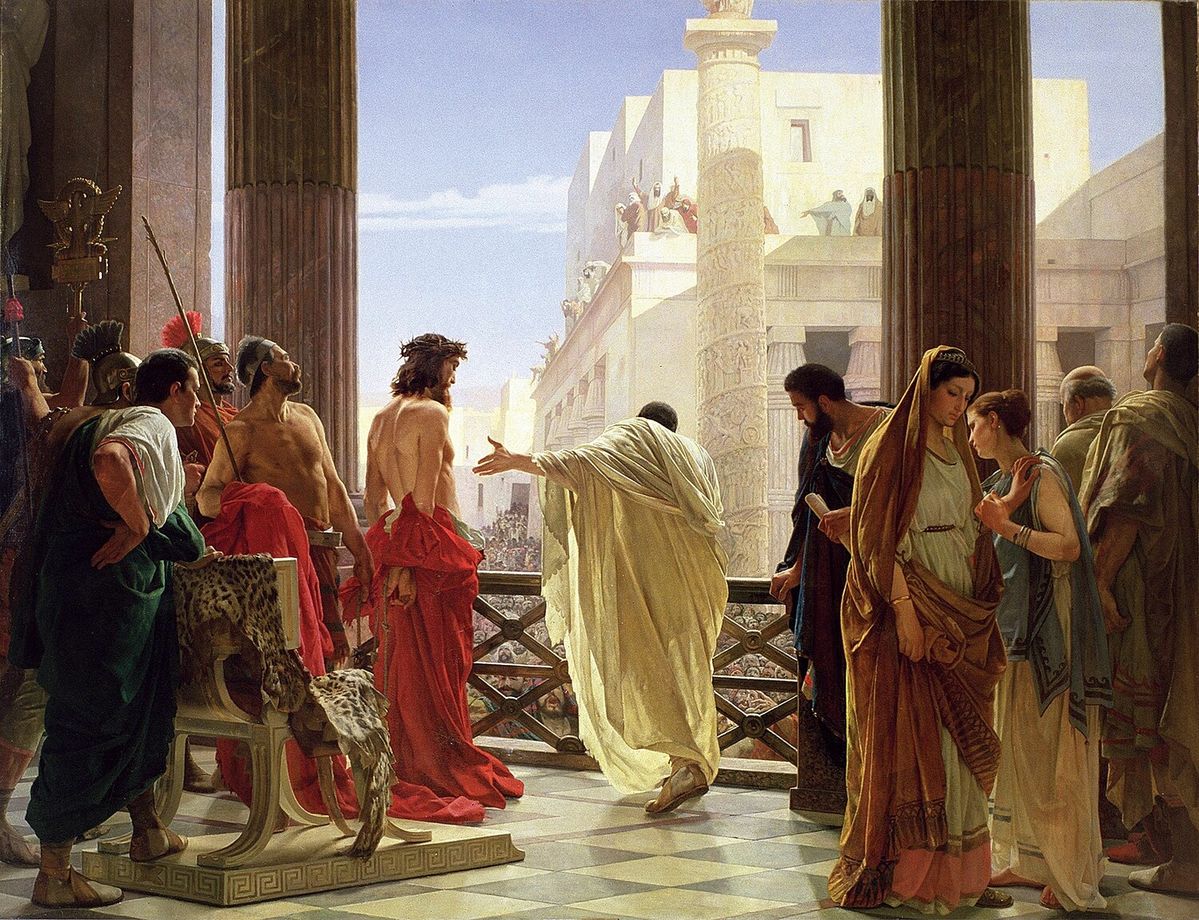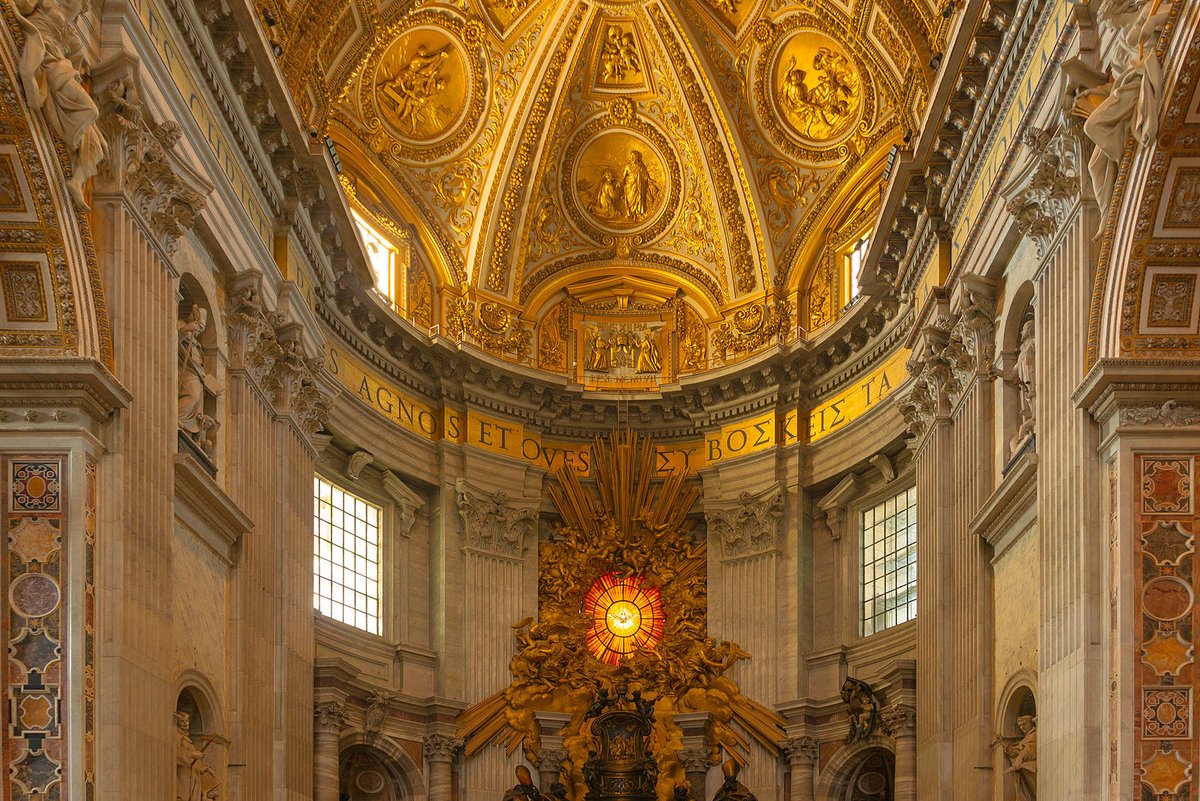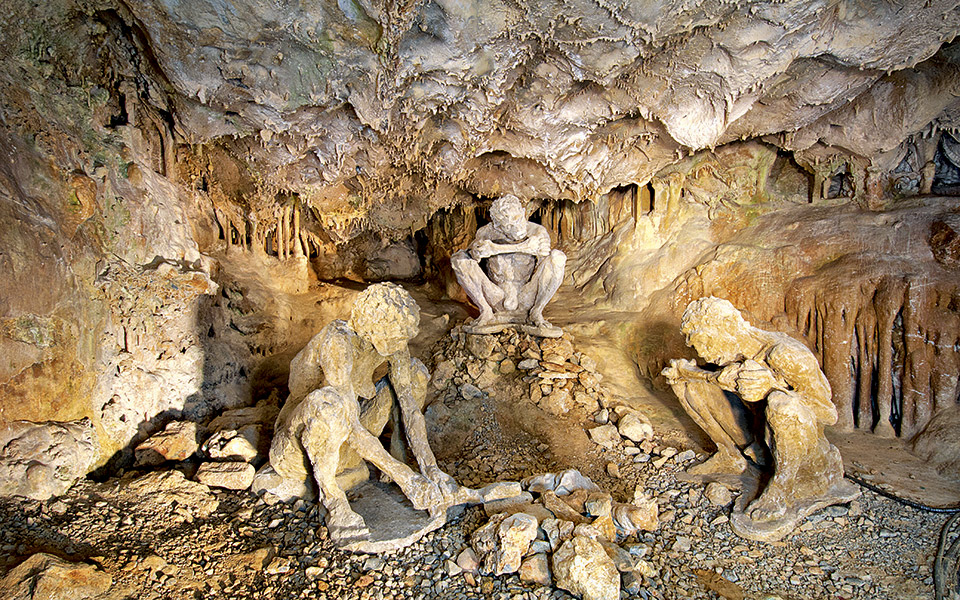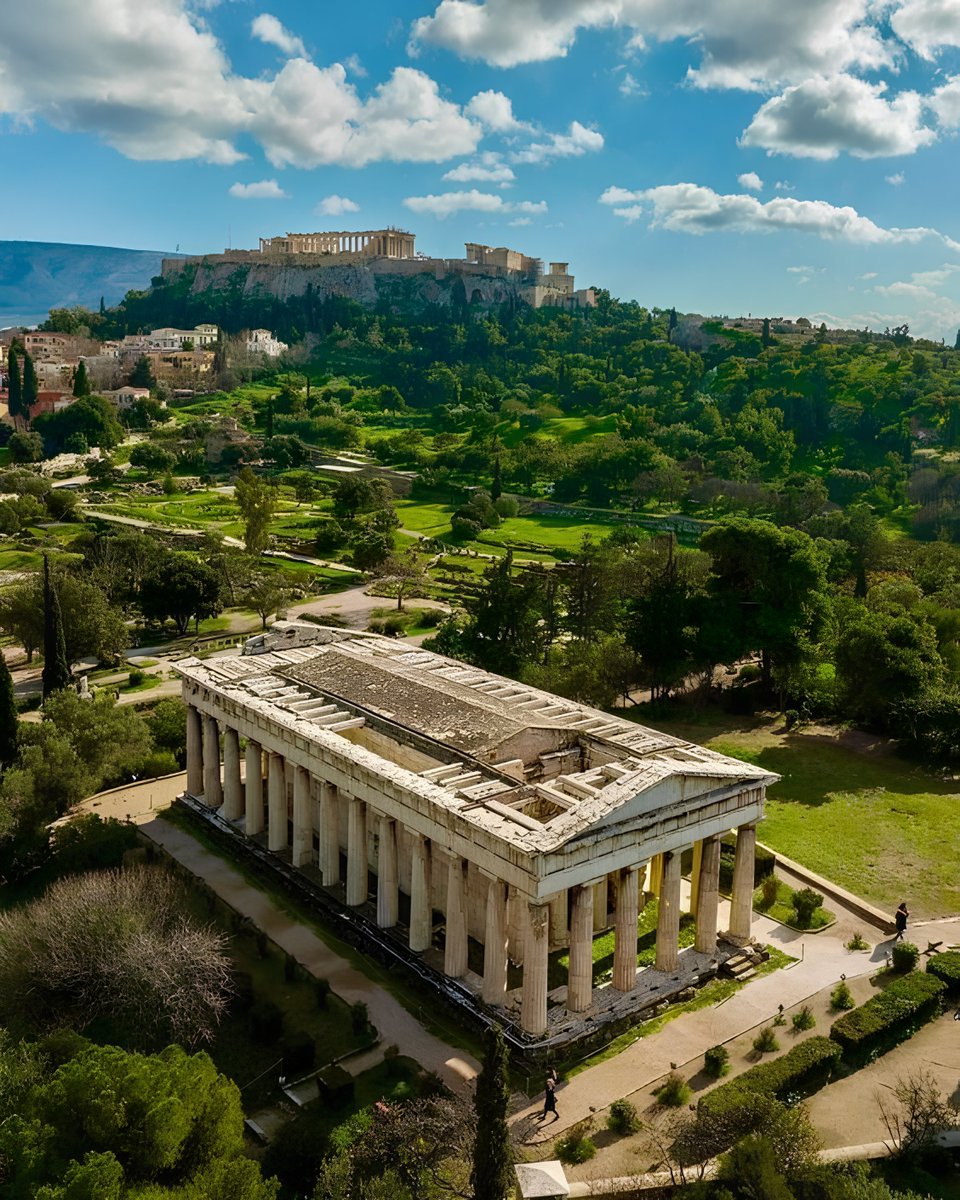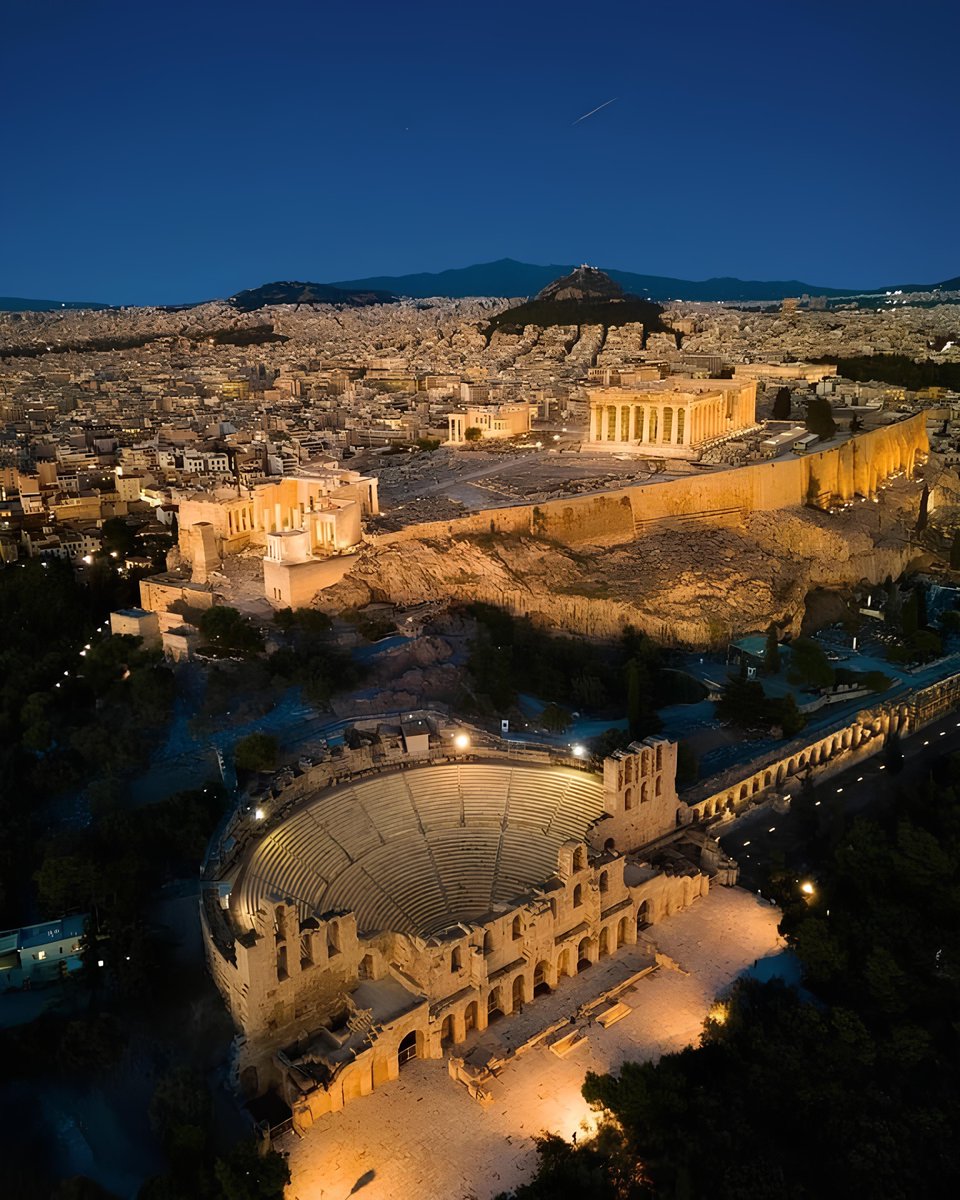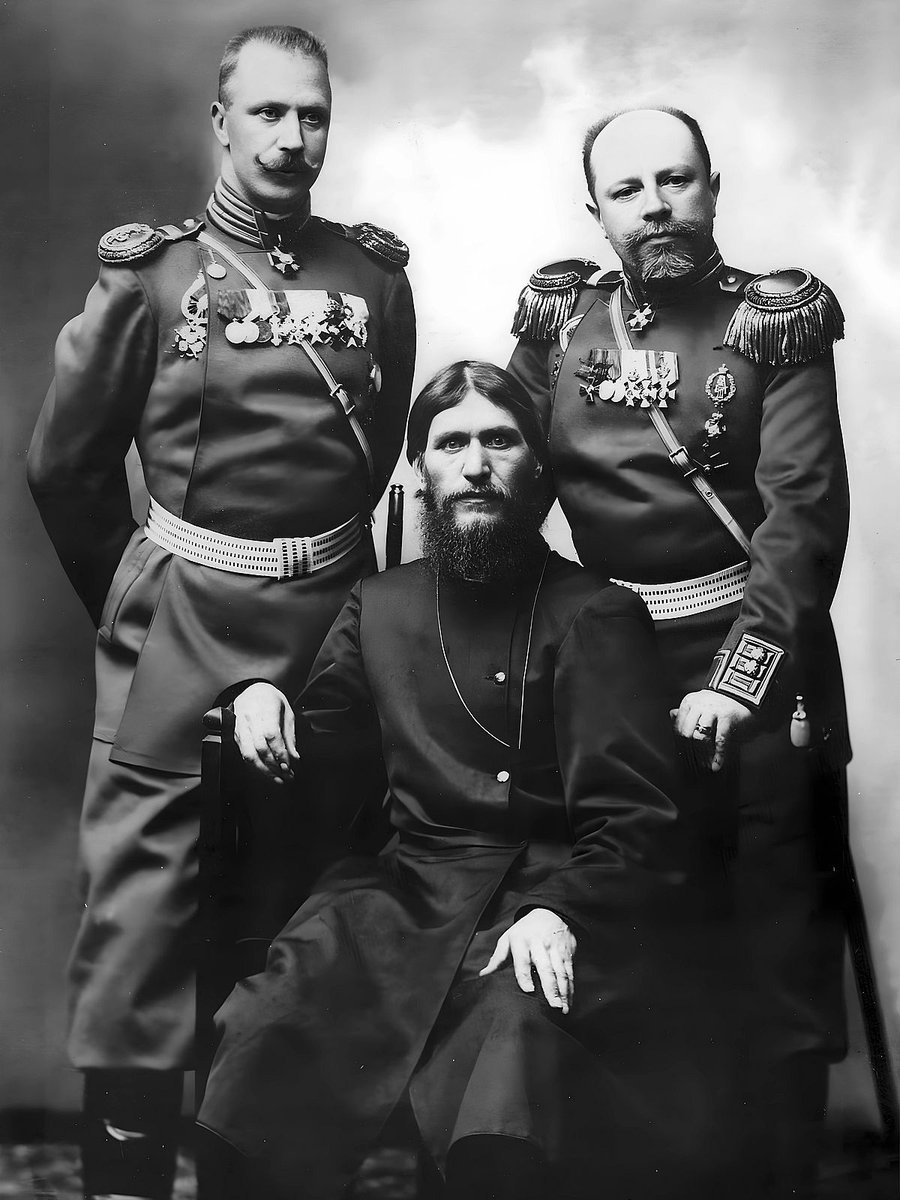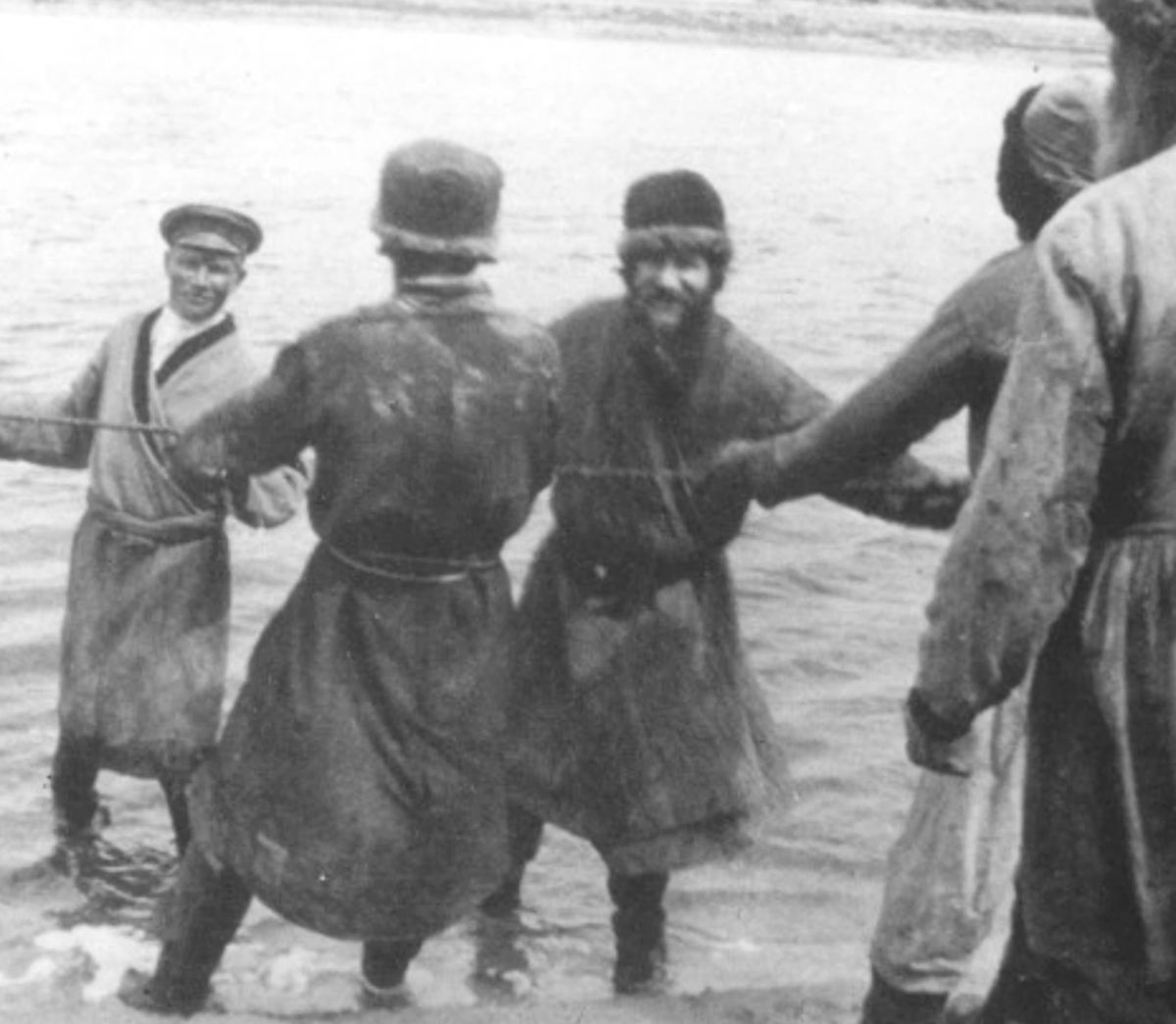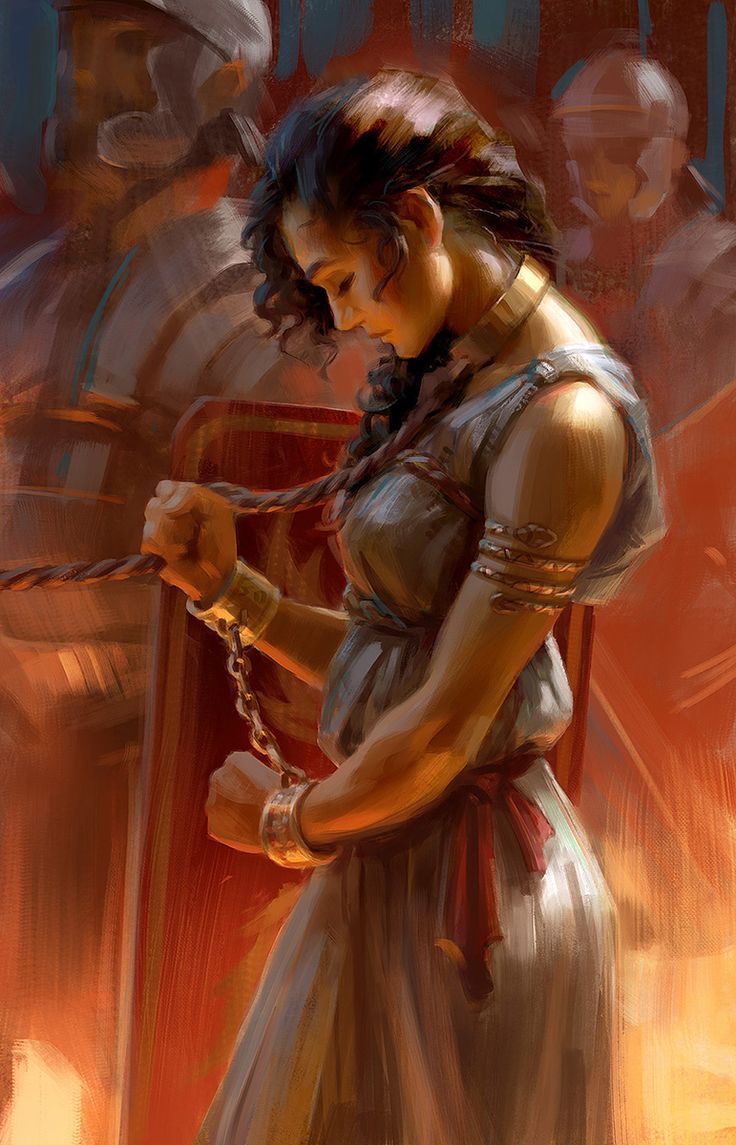Have you ever though how much you can learn from a day in a museum?
Well, I’m here to share with you the marvels I found in Villa Borghese, along with their stories.
Follow me down this thread to a world of myth and divine inspiration:
Well, I’m here to share with you the marvels I found in Villa Borghese, along with their stories.
Follow me down this thread to a world of myth and divine inspiration:
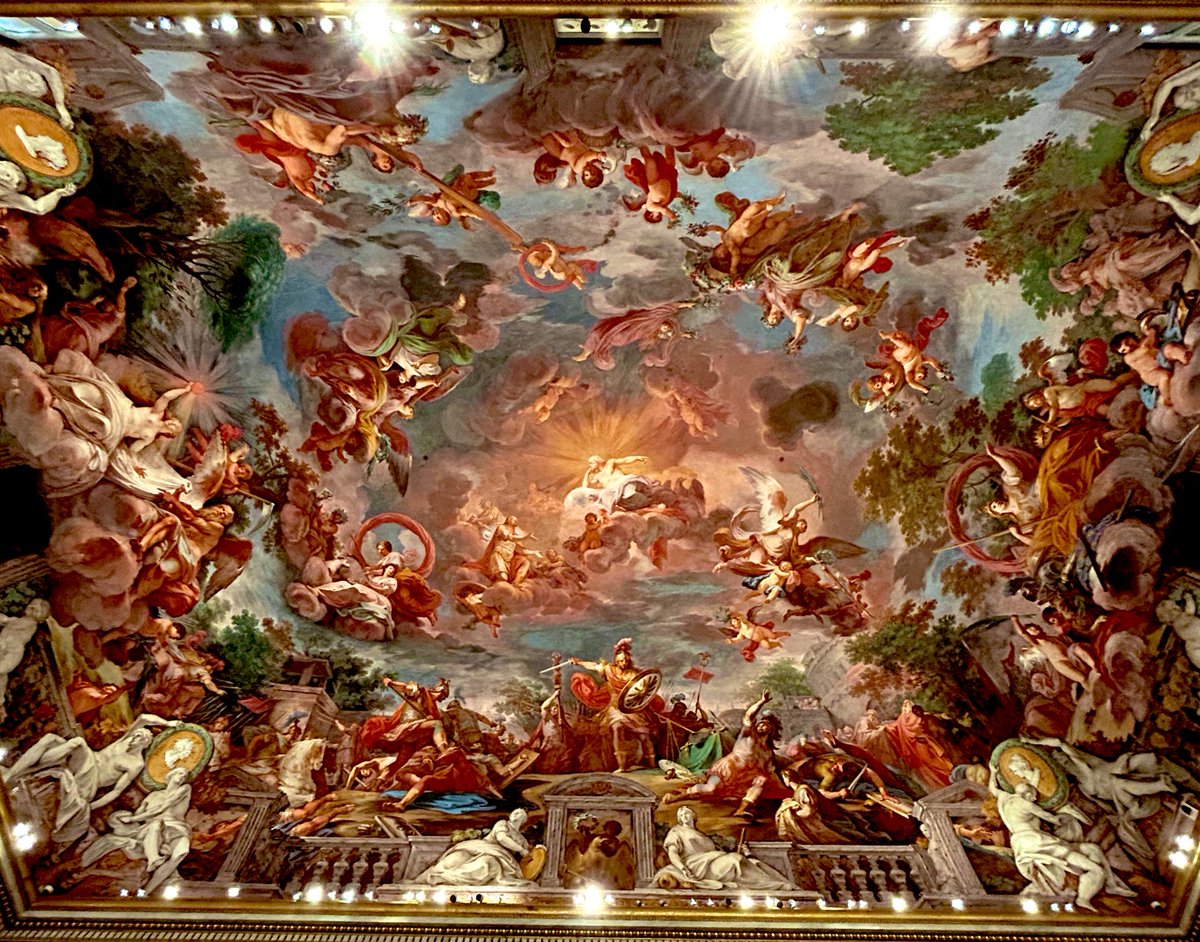
Apollo and Daphne by Bernini; the sculpture depicts the climax of the Greek myth of Apollo and Daphe, as the nymph escapes Apollo's advances by transforming into a laurel tree.
Can you see the dynamic movement? Can you see her transforming?
Zoom In.
Can you see the dynamic movement? Can you see her transforming?
Zoom In.

Venus Victrix, meaning Aphrodite the victorious; she holds an apple in her hand evoking her victory in the Judgement of Paris, which caused the Trojan War.
Can you see the winner’s arrogance in her posture?
Can you see the winner’s arrogance in her posture?

Speaking of the Trojan War, here’s Aeneas and Anchisses. The Trojan hero Aeneas, is carrying his old father after the fall of Troy.
Myth wants him to have founded Rome.
Can you see the strength in the body of the son carrying the fickle body of his father?
Myth wants him to have founded Rome.
Can you see the strength in the body of the son carrying the fickle body of his father?

Just another one of this breathtaking ceilings. This scene depicts the Greek myth of Phaethon, son of Helius - the Sun.
The boy took his fathers chariot, carrying the Light but, after many complaints, from the stars in the sky to the Earth herself, Zeus strikes Phaethon with one of his lightning bolts, killing him instantly.
The boy took his fathers chariot, carrying the Light but, after many complaints, from the stars in the sky to the Earth herself, Zeus strikes Phaethon with one of his lightning bolts, killing him instantly.

David preparing to launch his projectile against Goliath; this is the biblical story depicting David determined to win this fight for his life.
Another masterpiece of Bernini.
Can you see the determination in his facial expression? Zoom in!
Another masterpiece of Bernini.
Can you see the determination in his facial expression? Zoom in!

And I saved the best fo last; Persephone’s abduction by Hades, also by Bernini.
This tragic scene depicts Hades, king of the underworld, abducting Persephone? Daughter of Demeter, Goddess of agriculture and nature. This Ancient Greek myth was used to explain the seasonal changes, as a deal was struck among the gods: Persephone would spend half a year above the ground with her mother (spring and summer) and half the year below (autumn and winter).
They ended up happily married.
Can you see her tears? Zoom in!
This tragic scene depicts Hades, king of the underworld, abducting Persephone? Daughter of Demeter, Goddess of agriculture and nature. This Ancient Greek myth was used to explain the seasonal changes, as a deal was struck among the gods: Persephone would spend half a year above the ground with her mother (spring and summer) and half the year below (autumn and winter).
They ended up happily married.
Can you see her tears? Zoom in!

All photos are mine, from my travel diaries.
If you liked the stories, please share and spread the word. Our fellow humans need to see what our species is capable of.
A final shot of the three-headed good boy, Cerberus. I bet you don’t encounter this angle often.
If you liked the stories, please share and spread the word. Our fellow humans need to see what our species is capable of.
A final shot of the three-headed good boy, Cerberus. I bet you don’t encounter this angle often.

• • •
Missing some Tweet in this thread? You can try to
force a refresh



